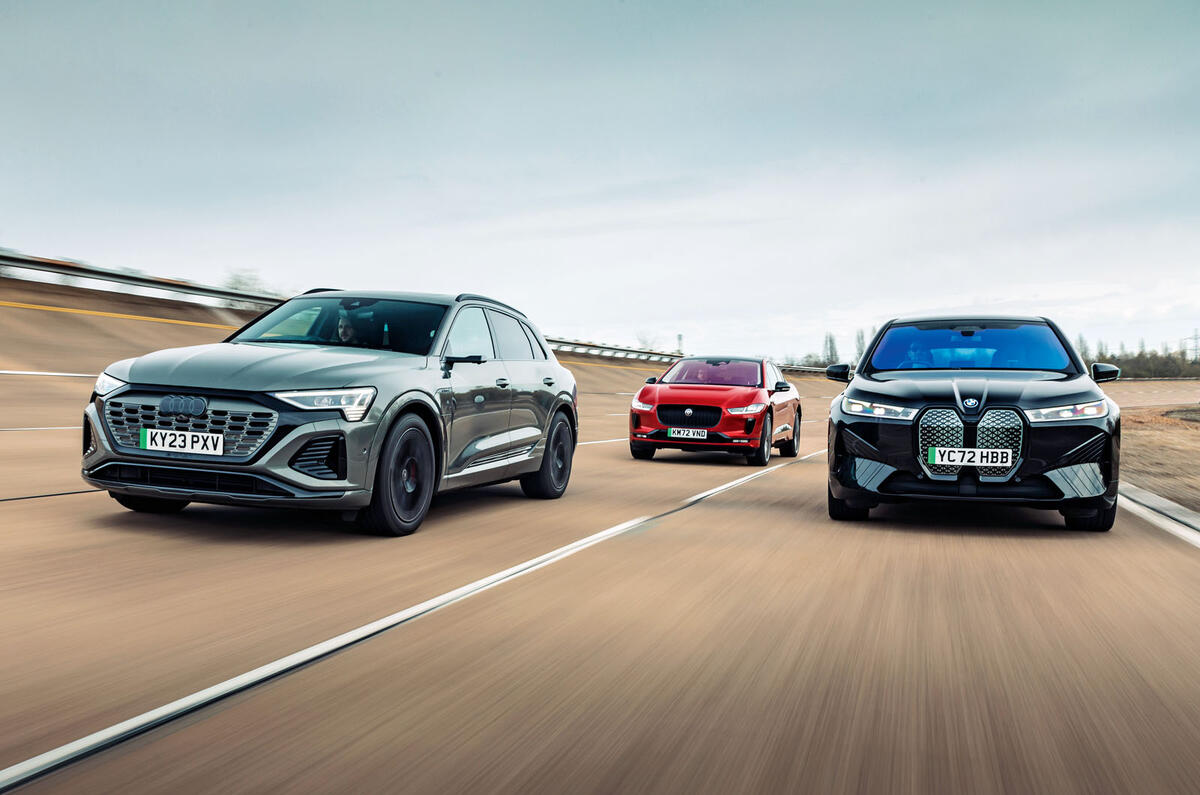The UK’s new car market recorded its best July for registrations since the Covid-19 pandemic following a huge uptick in sales to fleets last month.
According to the Society of Motor Manufacturers and Traders (SMMT), the fleet market grew by 61.9% compared with July 2022. Sales to fleets accounted for 56% of the UK’s total figure last month, which reached 143,921 units.
This total represents a year-on-year increase of 28.3% in new car sales but it is still behind the 157,198 recorded in July 2019, before the Covid-19 pandemic.
Sales of battery-electric vehicles (BEVs) increased 87.9% compared with June 2022, to 23,010 units. However, BEVs’ market share was “broadly consistent with that seen so for this year”, the SMMT said.
A similar sales boost of 79.1% was also seen for plug-in hybrids. These increases are explained by the significant tax incentive offered to fleet users for running BEVs and PHEVs.
Benefit-in-kind (BIK) tax for BEVs is currently set at 2%, while PHEVs with CO2 emissions rated at 1-50g/km are charged between 2-14%, depending on their range in electric mode. Meanwhile, a mild-hybrid-petrol Ford Puma Ecoboost mHEV 125 (rated at 122g/km) is placed in the 22% BIK bracket.
![]()
Pure-petrol engines remained the best-selling powertrain, recording 58,150 sales – a 5.3% decline in market share year on year. They were followed by mild-hybrid petrols, with 23,590 sales.
The SMMT welcomed news that 3056 public EV chargers were installed between April and June – a quarterly record – but it urged the government to build more “ahead of need”. It said: “To reach the government’s minimum target of 300,000 chargers by 2030, the installation rate must treble to almost 10,000 chargers per quarter, every quarter.”








Join the debate
Add your comment
The curse of Brexit strikes again!